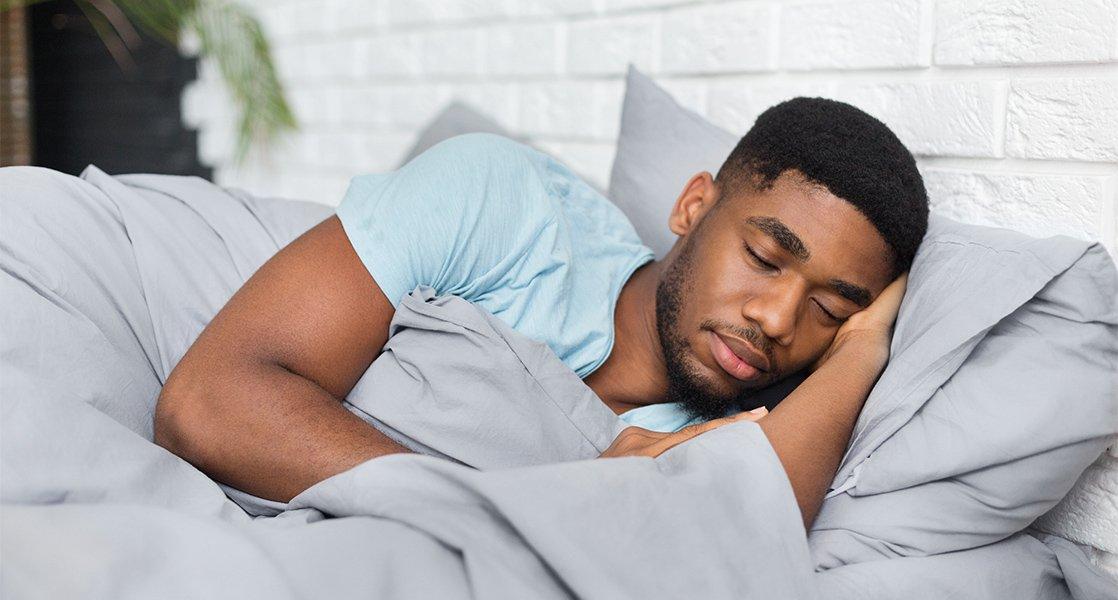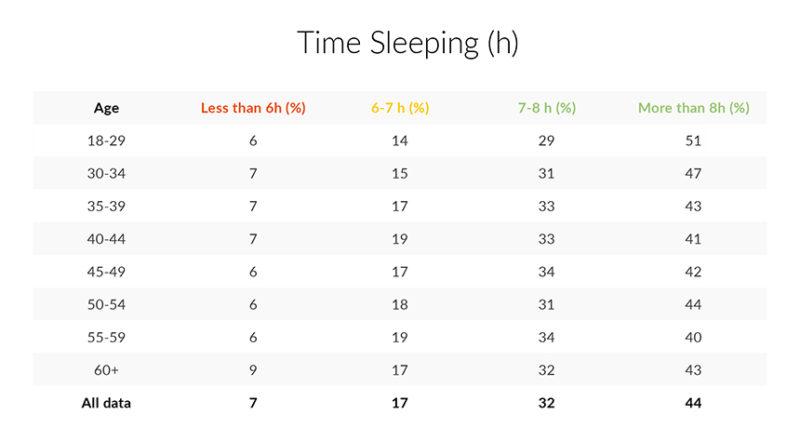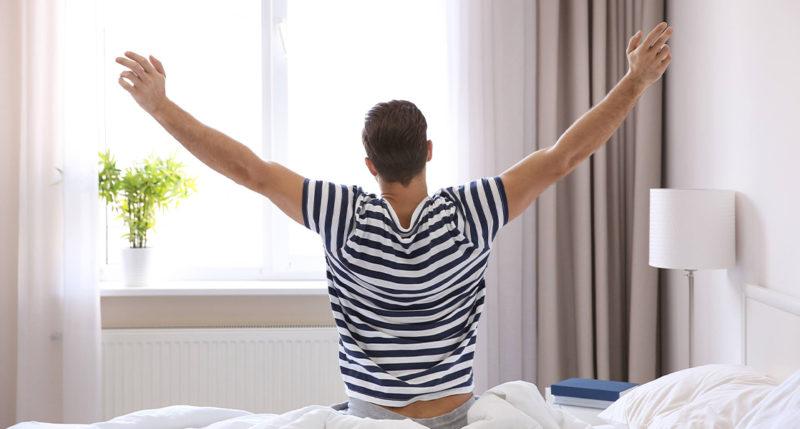
Sleep is a vital element of recovery. Failing to get the right quality or quantity can have a knock-on effect on virtually every aspect of our lives. From decision-making and energy levels, to productivity at work and our ability to cope under pressure.
Making sure we’re all getting a good amount of sleep is, therefore, a key element to achieving good mental and physical health and boosting our overall well-being. It is the time when the body can recover, recuperate and recharge its batteries for the day – and challenges – ahead.
The NHS recommends that adults get around eight hours of good-quality sleep to function properly and reap these benefits. But how much sleep is the UK population actually getting on a nightly basis?
To coincide with World Sleep Day 2020, we dove into the Firstbeat database to find out what over 18,000 days of UK measurement data reveals.
The Firstbeat database is made up of over 100,000 days’ worth of measurement data recorded by people taking the Firstbeat Lifestyle Assessment – the professional-grade coaching tool which uses Heart Rate Variability analytics to monitor stress, recovery, physical activity, and fitness.
What the Data Shows
The UK-specific data showed the total mean amount of nightly sleep is 7.6 hours.
Those aged 18-29 achieve the most overnight sleep with 51% of the group enjoying more than eight hours of sleep on average. This contrasts with the over 60s where only 43% hit the eight-hour mark. The +60 age group also has the highest percentage (9%) who sleep for fewer than 6 hours.
However, it is actually those in the 55-59 age bracket who sleep the least. This group averages 7.5 hours of time asleep whilst 60% sleep for fewer than eight hours – an increase of 11% compared to the 18-29 group.
This data accounts for both typical weekdays (Monday-Friday) and weekend data. It is likely hours slept during Monday-Friday would be lower than the full weekly average due to work commitments, etc. This would correlate to previously discussed Firstbeat data showing the weekend is when the highest proportion of recovery takes place.
The table below shows the full results across the eight age categories collected from over 18,000 measured days.

Table 1: Amount of time sleeping broken down by UK age groups
Finding your Sleep Routine
Considering we are often met by scary headlines about the lack of sleep or dangers of not sleeping enough, these results can be seen as a positive as we emphasize the importance of getting overnight recovery on World Sleep Day.
Of course, on an individual level, all we can try to do is put ourselves in the best position to get the overnight recovery that can help us reach our health and performance potential.
“The role of sleep cannot be emphasized enough,” explains Tiina Hoffman, Firstbeat Expert Physiologist. “It is the time for the body to recharge and recover from the different stressors that belong to life. Prioritizing good sleep has a positive effect on essentially all aspects of your daily life – from work and leisure, to general well-being and health.
“There is no ‘one-size-fits-all’ solution to making sure you get a good night’s sleep, but listening to your body and trying to make sensible decisions, such as slowing down before bedtime and limiting late-night alcohol or exposure to blue light from phones or tablets can help.”
Do you want to learn more about how Firstbeat Life can help introduce positive, meaningful changes in areas ranging from sleep and stress management, to fitness and physical activity?
You might also be interested in

How to Make Working from Home Work for You
Put these steps in place and enjoy the benefits of remote working.

Reflections on Sleep: Keeping Things in Perspective & Moving Towards A Better Snooze
Sleep is hugely important for good health and performance. It’s a key cornerstone of wellness that needs to be taken seriously both at societal and individual level.

Sympathetic and Parasympathetic Nervous Systems: The Body’s Gas and Brake Pedals
Get to know the sympathetic and parasympathetic nervous systems, and what kind of an impact they have on stress and recovery.


